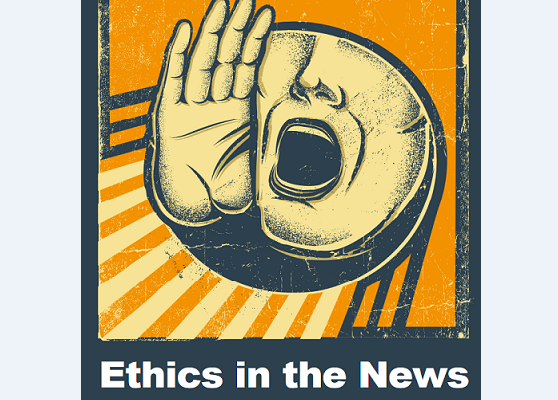Ethics in the news: Truth-telling remains key to democracy in “post-truth” era

The Ethical Journalism Network launched on Tuesday 10 January the report Ethics in the News which aims to throw some light on ethical challenges for media and gives journalists some key tips on ethical survival techniques.
In Europe and America the report looks at how media covered the UK vote to leave the European Union and the Trump election which intensified concerns about the revival of racism, extremism and political propaganda across the western world.
Ethics in the News analyses fake news and how journalism with a public purpose can be overwhelmed in a do-it-yourself world of communications that has led to a so-called post-truth movement in which facts and expert opinion are left on the sidelines of public discourse.
But this is no “western media” crisis. Elsewhere, the question is equally relevant. Turkey, for instance, is on the frontline of a catastrophic and on-going assault on free expression and the year ended with a full-scale information war between India and Pakistan.
The report also examines the continuing global rise of hate speech, particularly in Asia.
Despite the grim news agenda, it was not all bad news for journalism in 2016. Perhaps the biggest single, corruption-busting story of the decade came from an unprecedented piece of investigative journalism carried out by 400 journalists in 80 countries – the Panama Papers.
The report highlights two areas of particular ethical practice that make journalism a cornerstone of reliability and trust: firstly, a tribute to all the whistle-blowers and sources who make public interest journalism possible through the eyes of the reporter who helped Edward Snowden reveal the secrets of United States’ global surveillance and snooping; and, second, a thoughtful examination of how we use images to tell stories, focused on migration.
Ethics in the News also provides tips for journalists on how to stick to the facts, protect sources, report fairly on migration, identify hate speech, block fake news and guard against war-mongering and propaganda.
The report notes a growing movement to strengthen the craft of journalism and how, in every part of the world, even where megaphone politics is in power, journalists committed to the values of accuracy, humanity and transparency are doing good work and connecting with audiences.
But more needs to be done to support media. The EJN report calls for action to strengthen media professionalism and for new directions in public policy:
- To develop practical and sustainable solutions to the funding crisis facing independent journalism.
- To support the public purpose of journalism through more investment in public service media.
- To launch campaigns to combat hatred, racism and intolerance.
- To provide more resources for investigative reporting and ways of promoting minority voices.
- To encourage attachment to ethical values in the management and governance of journalism.
- To put pressure on social networks and Internet companies to accept responsibility that as publishers they must monitor their news services.
- To support expanded media and information literacy programmes to make people – including politicians and others in public life – more aware of the need for responsible and tolerant communications.
Download the full report here.
This article was originally published on the Ethical Journalism Network website.






